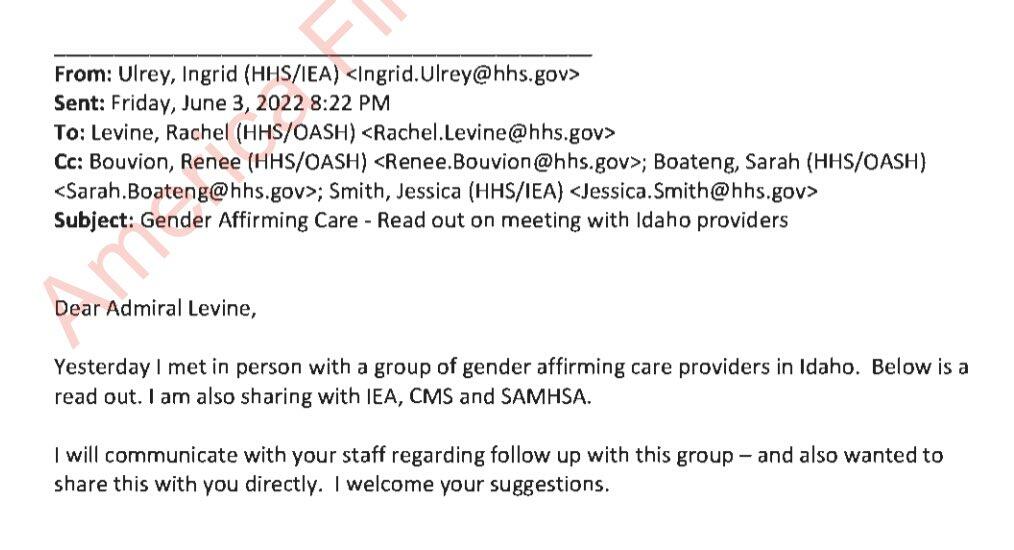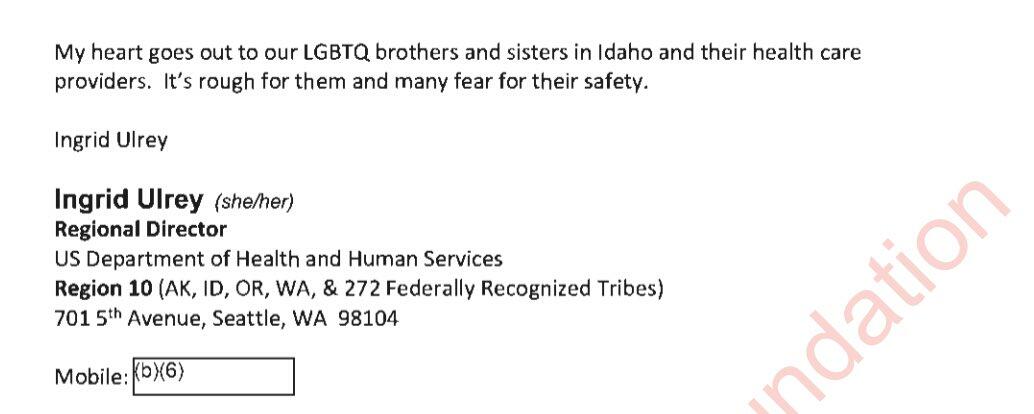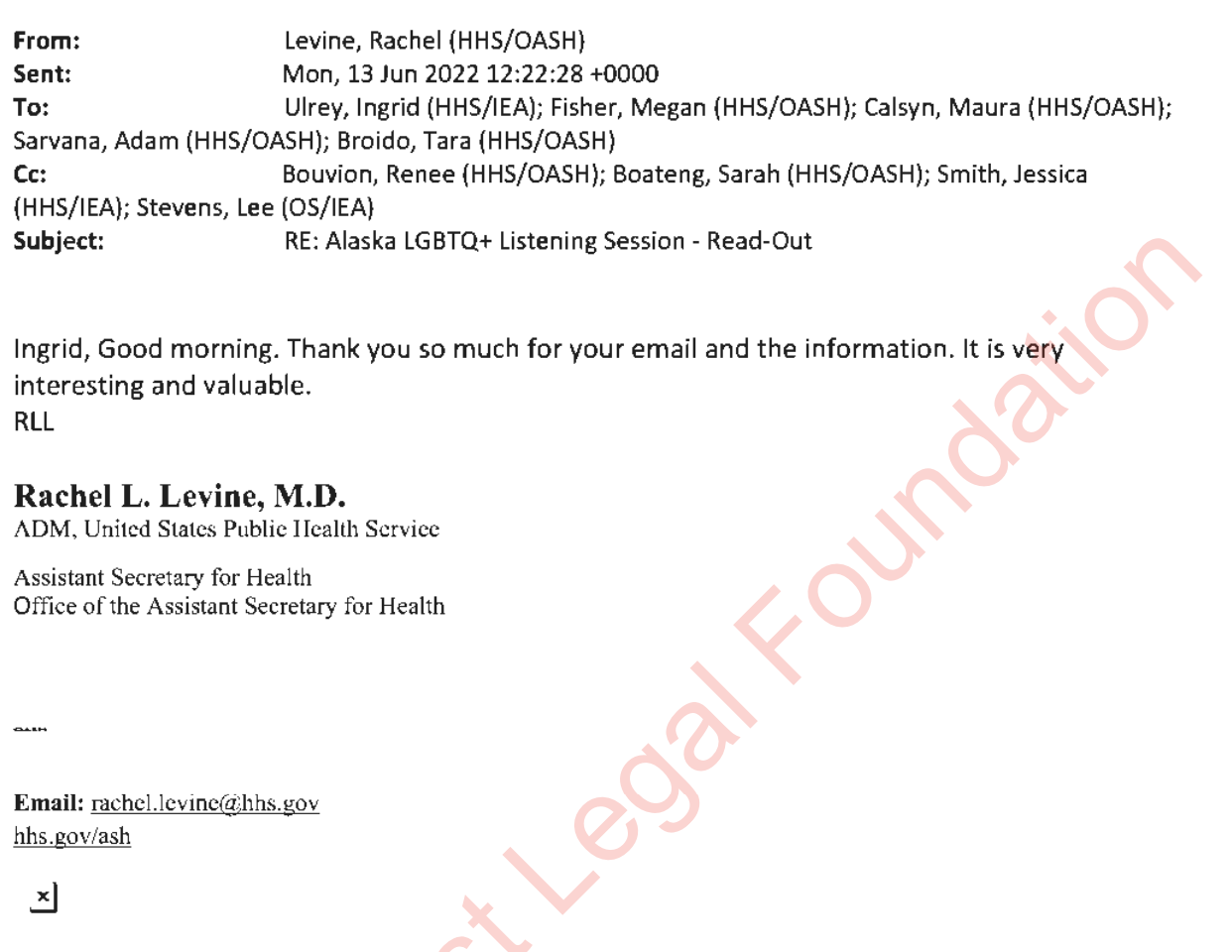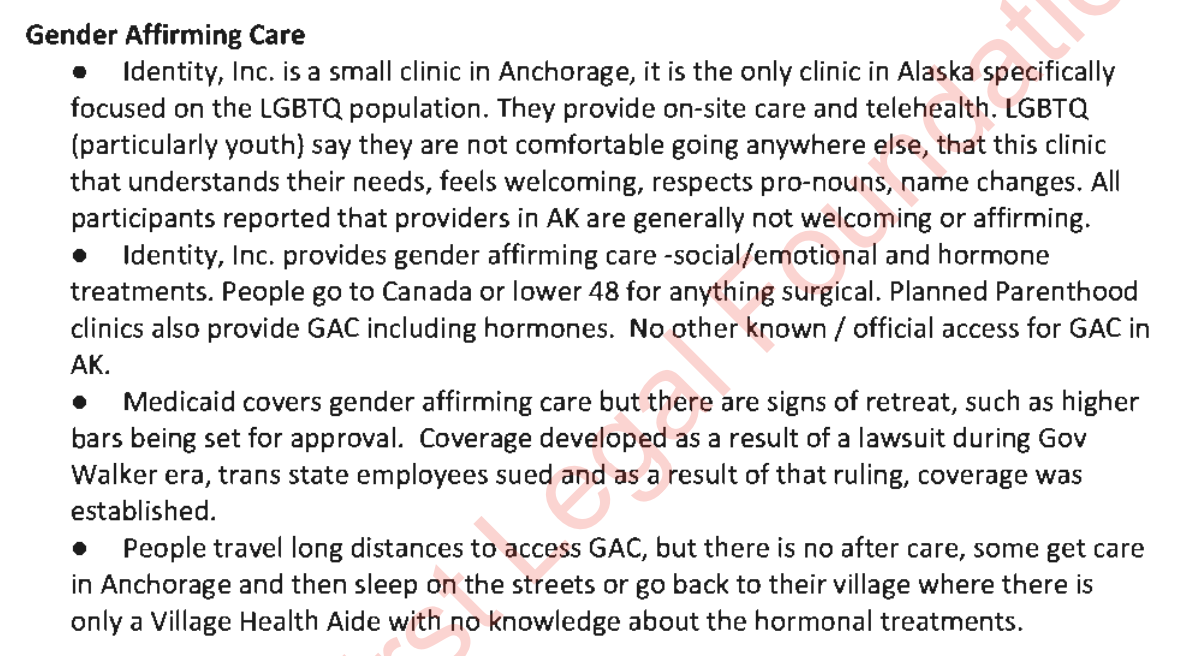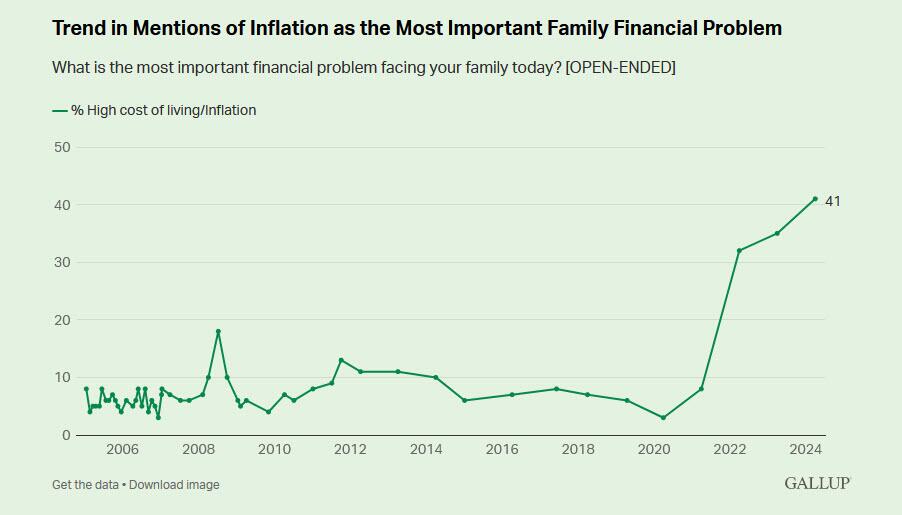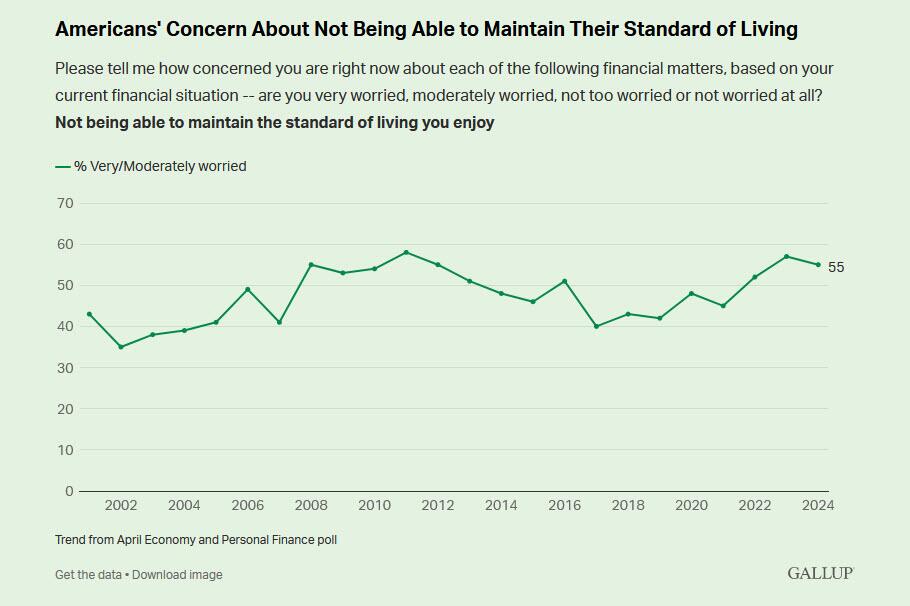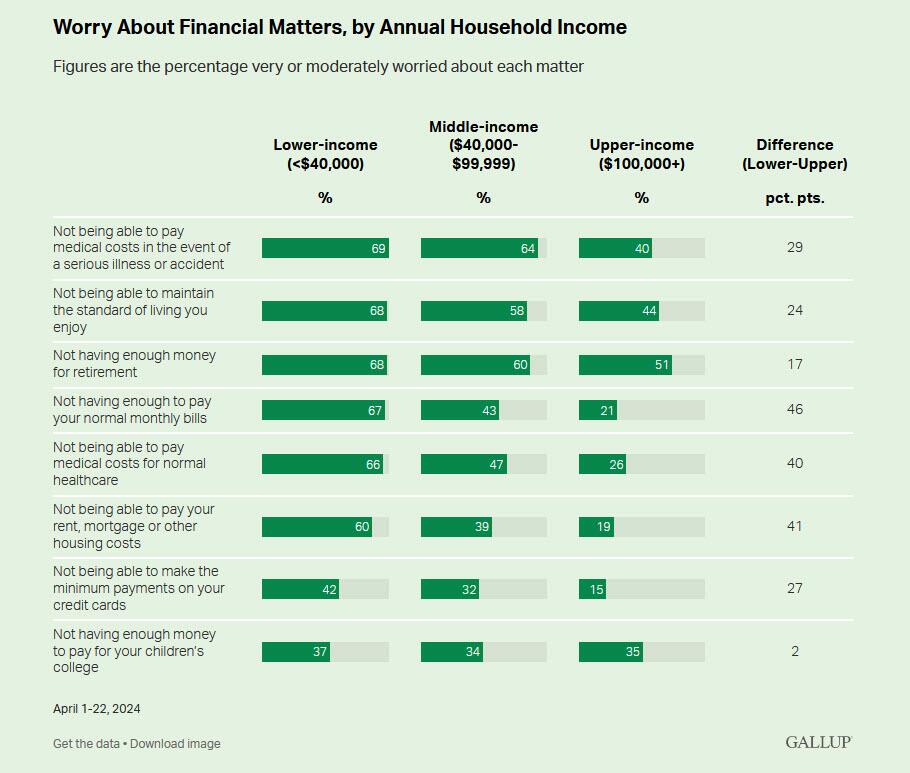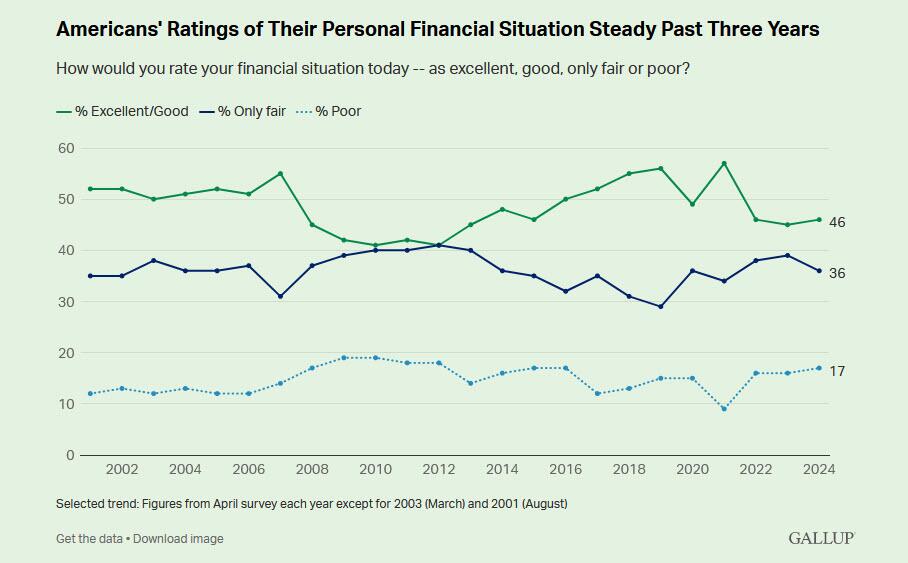You may have heard of the “Overton window.”
The concept of the Overton window caught on in professional culture, particularly those seeking to nudge public opinion, because it taps into a certain sense that we all know is there.
There are things you can say and things you cannot say, not because there are speech controls (though there are) but because holding certain views makes you anathema and dismissable. This leads to less influence and effectiveness.
The Overton window is a way of mapping sayable opinions.
The goal of advocacy is to stay within the window while moving it just ever so much. For example, if you’re writing about monetary policy, you should say that the Fed should not immediately reduce rates for fear of igniting inflation.
You can really think that the Fed should be abolished but saying that is inconsistent with the demands of polite society. That’s only one example of a million.
To notice and comply with the Overton window is not the same as merely favoring incremental change over dramatic reform. There is not and should never be an issue with marginal change.
That’s not what’s at stake.
To be aware of the Overton window, and fit within it, means to curate your own advocacy. You should do so in a way that’s designed to comply with a structure of opinion that’s pre-existing as a kind of template we’re all given.
It means to craft a strategy specifically designed to game the system, which is said to operate according to acceptable and unacceptable opinionizing.
In every area of social, economic and political life, we find a form of compliance with strategic considerations seemingly dictated by this window. There’s no sense in spouting off opinions that offend or trigger people because they’ll just dismiss you as not credible.
But if you keep your eye on the window — as if you can know it, see it, manage it — you might succeed in expanding it a bit here and there and thereby achieve your goals eventually.
The mission here is always to let considerations of strategy run alongside — perhaps even ultimately prevail in the short run — over issues of principle and truth, all in the interest of being not merely right but also effective.
Everyone in the business of affecting public opinion does this, all in compliance with the perception of the existence of this window.
It’s how ideas move from unthinkable to radical to acceptable to sensible to popular to become policy.
The concept was named for Joseph Overton, who worked at the Mackinac Center for Public Policy in Michigan. He found that it was useless in his work to advocate for positions that he could not recruit politicians to say from the legislative floor or on the campaign trail.
By crafting policy ideas that fit within the prevailing media and political culture, however, he saw some successes about which he and his team could brag to the donor base. A wise intellectual shepherd will manage this transition carefully from one stage to the next until victory and then take on a new issue.
The core intuition here is rather obvious. It probably achieves little in life to go around screaming some radical slogan about what all politicians should do if there is no practical means to achieve it and zero chance of it happening.
But writing well-thought-out position papers with citations backed by large books by Ivy League authors and pushing for changes on the margin that keep politicians out of trouble with the media might move the window slightly and eventually enough to make a difference.
Beyond that example, which surely does tap into some evidence in this or that case, how true is this analysis?
Read on for the answer.
Is the Overton Window Real?
By Jeffrey Tucker
First, the theory of the Overton window presumes a smooth connection between public opinion and political outcomes. During most of my life, that seemed to be the case or, at least, we imagined it to be the case. Today this is gravely in question.
Politicians do things daily and hourly that are opposed by their constituents — fund foreign aid and wars for example — but they do it anyway due to well-organized pressure groups that operate outside public awareness. That’s true many times over with the administrative and deep layers of the state.
In most countries, states and elites that run them operate without the consent of the governed. No one likes the surveillance and censorial state but they are growing regardless, and nothing about shifts in public opinion seem to make any difference.
It’s surely true that there comes a point when state managers pull back on their schemes for fear of public backlash but when that happens or where, or when and how, wholly depends on the circumstances of time and place.
Second, the Overton window presumes there’s something organic about the way the window is shaped and moves. That is probably not entirely true either. Revelations of our own time show just how involved are major state actors in media and tech, even to the point of dictating the structure and parameters of opinions held in the public, all in the interest of controlling the culture of belief in the population.
I had read Manufacturing Consent by Noam Chomsky and Edward Herman when it came out in 1988 and found it compelling. It was entirely believable that deep ruling-class interests were more involved than we know about what we are supposed to think about foreign-policy matters and national emergencies, and, further, entirely plausible that major media outlets would reflect these views as a matter of seeking to fit in and ride the wave of change.
What I had not understood was just how far-reaching this effort to manufacture consent is in real life.
What illustrates this perfectly has been media and censorship over the pandemic years in which nearly all official channels of opinion have very strictly reflected and enforced the cranky views of a tiny elite. Honestly, how many actual people in the U.S. were behind the lockdowns policy in terms of theory and action? Probably fewer than 1,000. Probably closer to 100.
But thanks to the work of the Censorship Industrial Complex, an industry built of dozens of agencies and thousands of third-party cutouts including universities, we were led to believe that lockdowns and closures were just the way things are done. Vast amounts of the propaganda we endured was top down and wholly manufactured.
Third, the lockdown experience demonstrates that there is nothing necessarily slow and evolutionary about the movement of the window. In February 2020, mainstream public health was warning against travel restrictions, quarantines, business closures and the stigmatization of the sick. A mere 30 days later, all these policies became acceptable and even mandatory belief.
Not even Orwell imagined such a dramatic and sudden shift was possible!
The window didn’t just move. It dramatically shifted from one side of the room to the other, with all the top players against saying the right thing at the right time, and then finding themselves in the awkward position of having to publicly contradict what they had said only weeks earlier.
The excuse was that “the science changed” but that is completely untrue and an obvious cover for what was really just a craven attempt to chase what the powerful were saying and doing.
It was the same with the vaccine, which major media voices opposed so long as Trump was president and then favored once the election was declared for Biden. Are we really supposed to believe that this massive switch came about because of some mystical window shift or does the change have a more direct explanation?
Fourth, the entire model is wildly presumptuous. It is built by intuition, not data, of course. And it presumes that we can know the parameters of its existence and manage how it is gradually manipulated over time.
None of this is true. In the end, an agenda based on acting on this supposed window involves deferring to the intuitions of some manager who decides that this or that statement or agenda is “good optics” or “bad optics,” to deploy the fashionable language of our time.
The right response to all such claims is: You don’t know that. You are only pretending to know but you don’t actually know. What your seemingly perfect discernment of strategy is really about concerns your own personal taste for the fight, for controversy, for argument, and your willingness to stand up publicly for a principle you believe will very likely run counter to elite priorities. That’s perfectly fine, but don’t mask your taste for public engagement in the garb of fake management theory.
It’s precisely for this reason that so many intellectuals and institutions stayed completely silent during lockdowns when everyone was being treated so brutally by public health. Many people knew the truth — that everyone would get this bug, most would shake it off just fine and then it would become endemic — but were simply afraid to say it. Cite the Overton window all you want but what is really at issue is one’s willingness to exercise moral courage.
The relationship between public opinion, cultural feeling and state policy has always been complex, opaque and beyond the capacity of empirical methods to model. It’s for this reason that there is such a vast literature on social change.
We live in times in which most of what we thought we knew about the strategies for social and political change have been blown up. That’s simply because the normal world we knew only five years ago — or thought we knew — no longer exists. Everything is broken, including whatever imaginings we had about the existence of this Overton window.
What to do about it? I would suggest a simple answer. Forget the model, which might be completely misconstrued in any case. Just say what is true, with sincerity, without malice, without convoluted hopes of manipulating others. It’s a time for truth, which earns trust.
Only that will blow the window wide open and finally demolish it forever.
Jeffrey Tucker is president of Brownstone Institute and senior economics columnist at Epoch Times.
